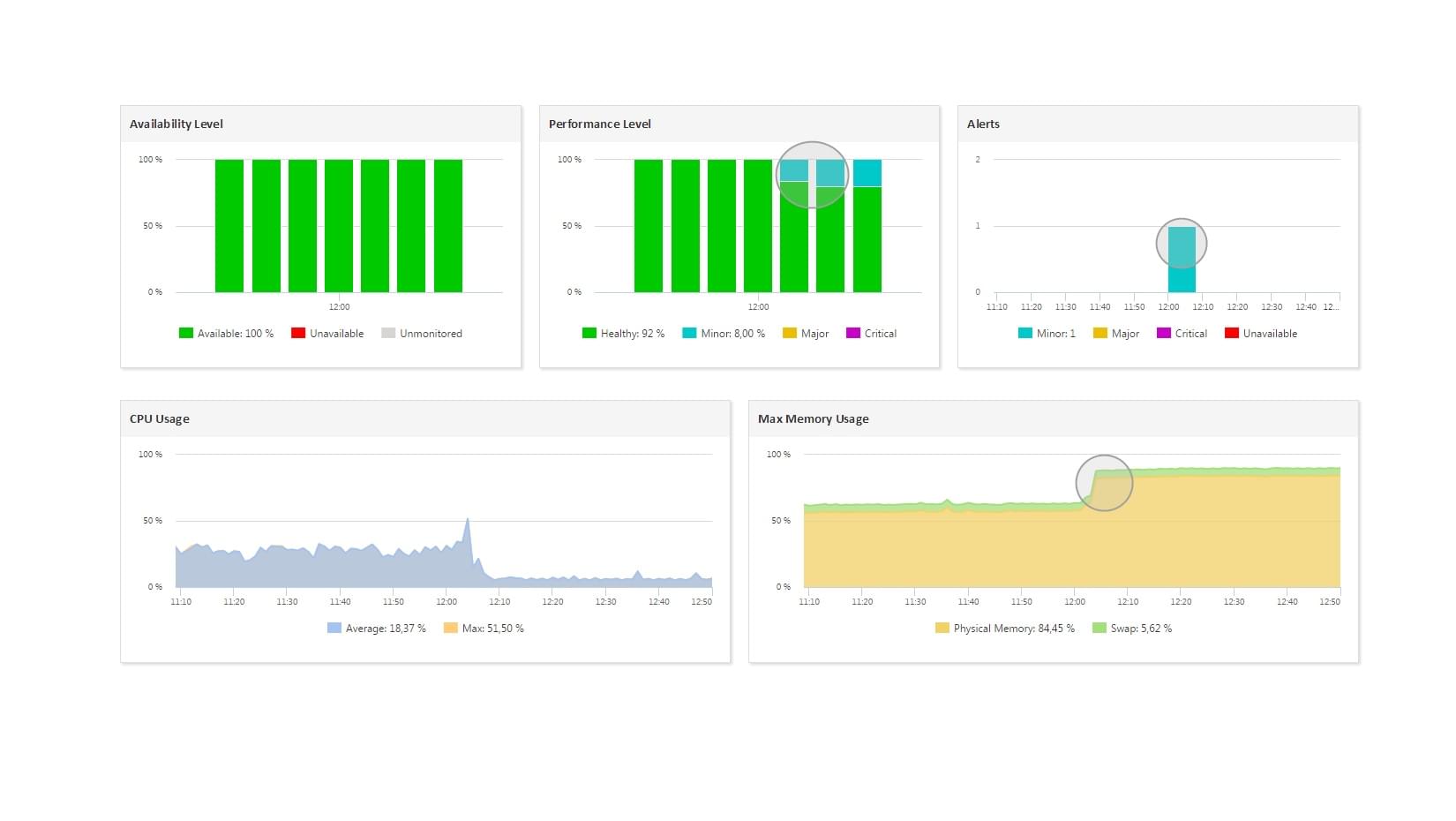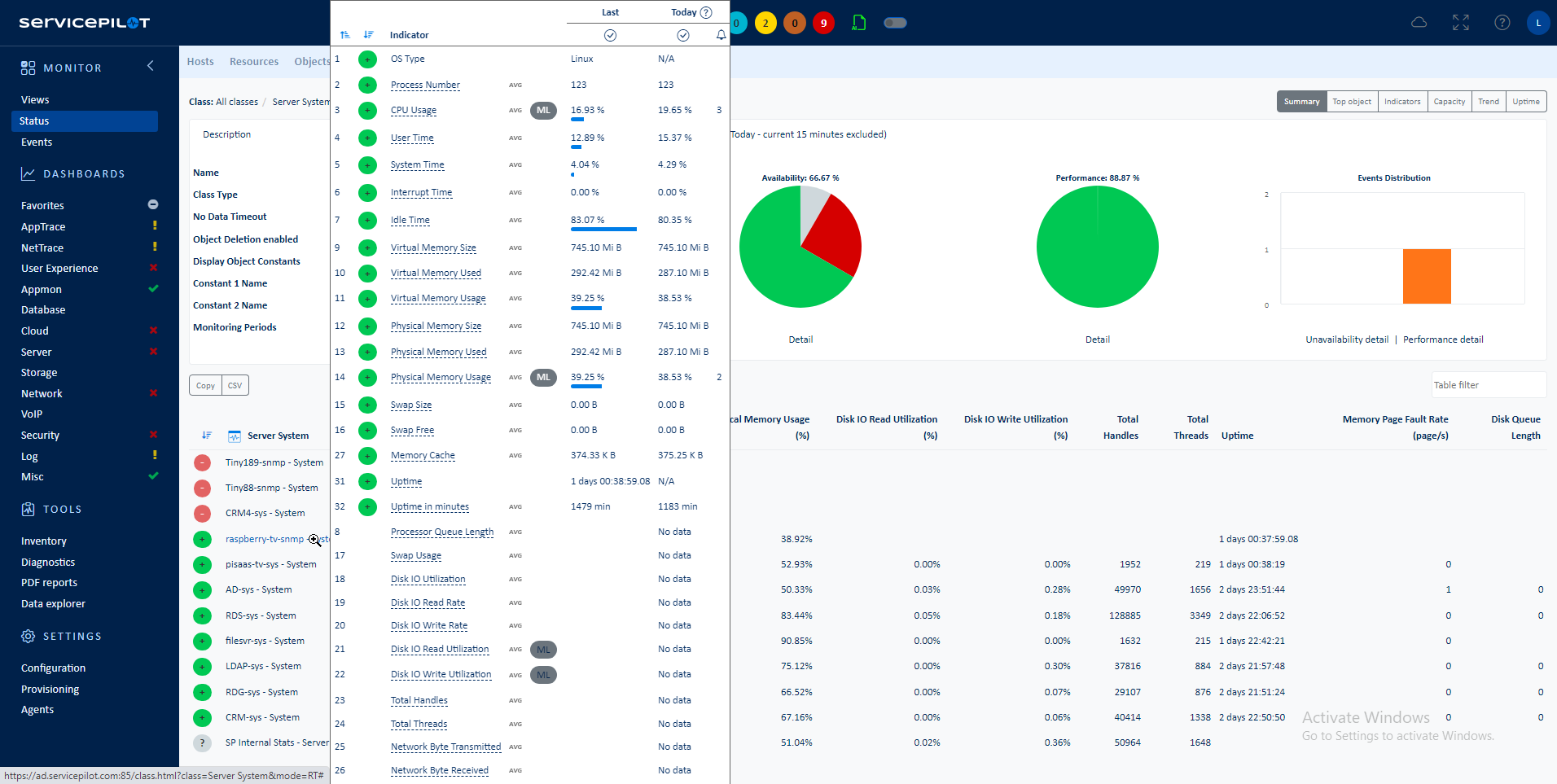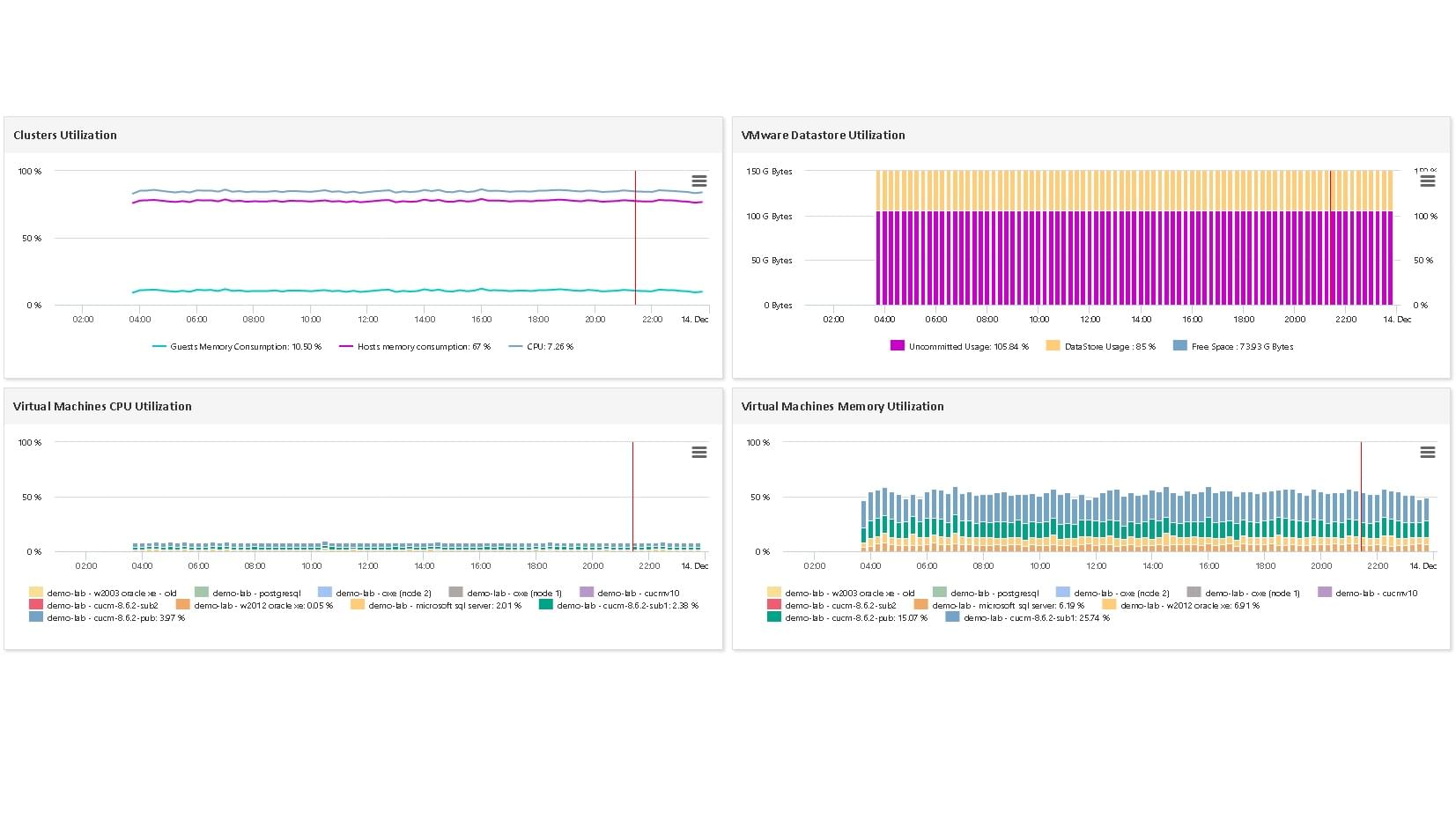What is a HPE-UX?
HPE-UX is a proprietary Unix Operating System (OS) developed by Hewlett Packard Enterprise in 1984. It is based on System V and is primarily used on HPE 9000 and Integrity servers, as well as workstations.
HPE-UX offers a robust, secure, and high-performance environment for running mission-critical applications. It supports a wide range of hardware and software configurations, providing flexibility and scalability for businesses of all sizes.
How to monitor HPE-UX Servers?
ServicePilot makes it very easy to monitor a HPE-UX Server. Simply configure the SNMP interface of the target HPE-UX Server. Then use the ServicePilot web interface to add a resource from the ServicePilot server-hpe-ux package.
The monitoring statistics gathered in this way include:
- System: CPU and Memory utilization
- Storage: File Systems utilization
- Network: Interface status and utilization
- Applicative: Process status and resource consumption
How to install a hpe-ux resource?
- Use your ServicePilot OnPremise installation or a SaaS account.
- Add a new hpe-ux resource via the web interface (
/prmviewsor/prmresources) or via API (/prmpackagespage), the default ServicePilot agent or another agent will be provisioned automatically.
Details of the hpe-ux package are located in the
/prmpackagespage of the software.
Benefits
ServicePilot enables you to deliver IT services faster and more securely with automated discovery and advanced monitoring features.
By correlating the technology HPE UX with APM and infrastructure monitoring, ServicePilot is able to provide a more comprehensive view of an organization's IT environment.
This allows IT teams to quickly identify and diagnose issues that may be impacting application performance, and take corrective action before end-users are affected.
Start with a free trial of our SaaS solution. Explore our plans or contact us to find what works best for you.





